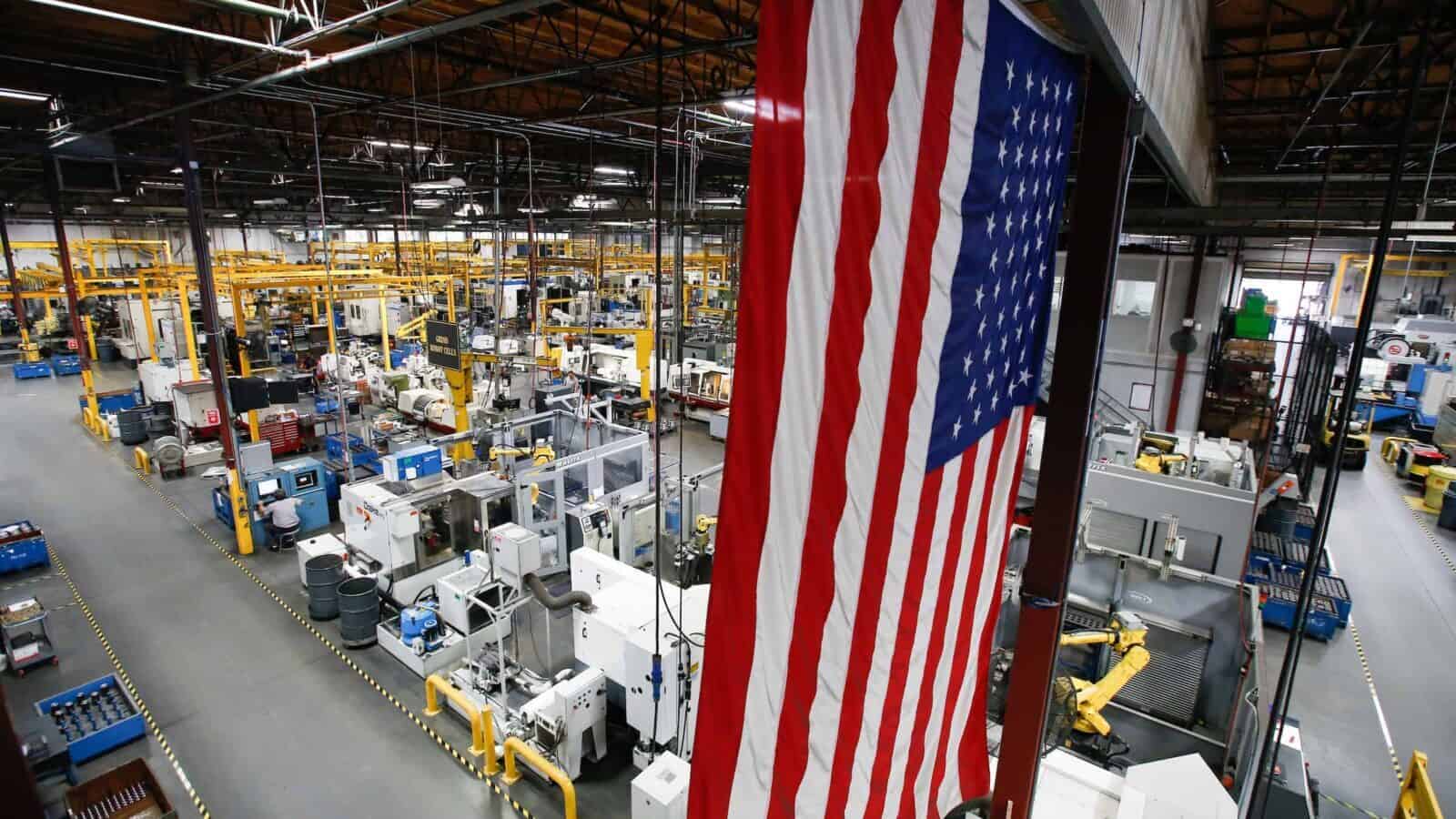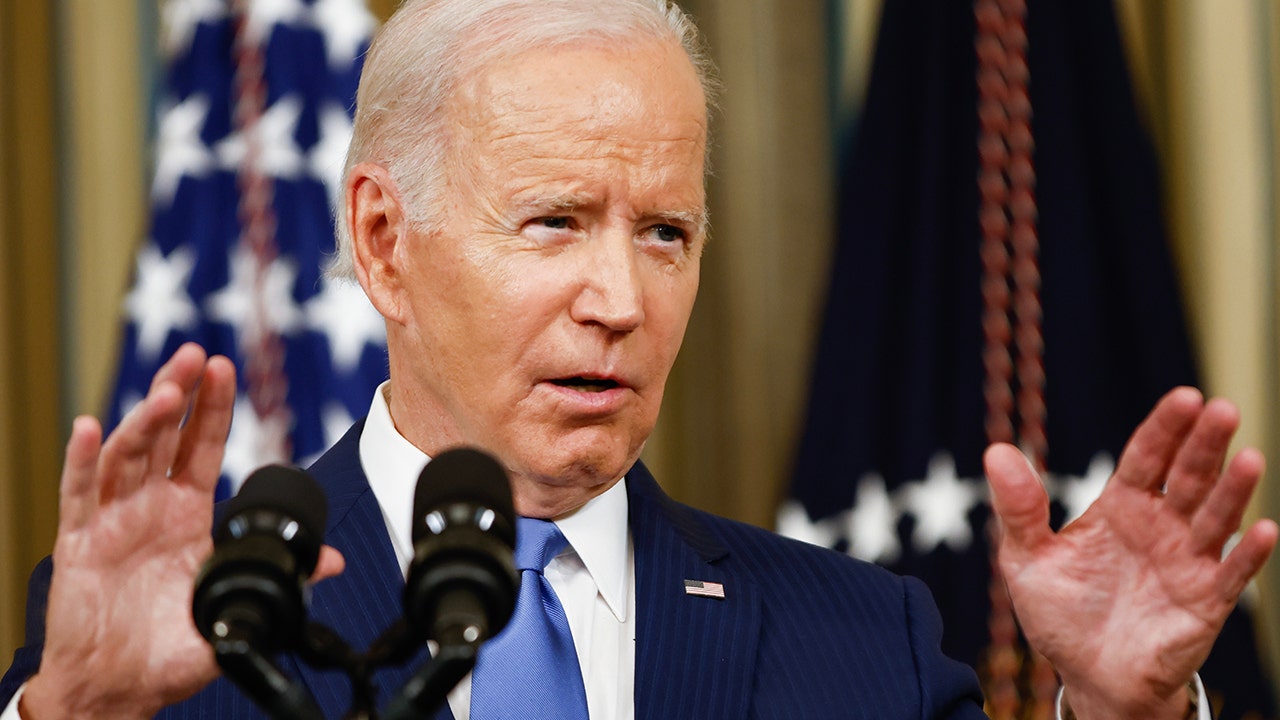


In a proactive move to address supply chain disruptions and boost the US economy, President Joe Biden has taken several actions. The first step was convening the supply chain resilience council, co-chaired by Lael Brainard and Jake Sullivan, which includes heads of Cabinet departments and key officials. During the council's meeting, President Biden announced 30 actions aimed at improving access to medicine and economic data.
One of the key actions announced by President Biden is the utilization of the Defense Production Act (DPA) to invest in domestic manufacturing of crucial medicines. By leveraging the DPA, the government can compel private companies to prioritize the production of critical items and provide necessary resources to increase manufacturing capacity. This decision is part of President Biden's broader strategy to enhance the country's healthcare infrastructure and reduce dependence on foreign suppliers [71faec0e].
President Biden's invocation of the Defense Production Act to authorize the domestic manufacturing of essential medicines and medical countermeasures is a significant step towards ensuring the availability of critical medical supplies. The Defense Production Act, passed in 1950, grants the executive branch sweeping powers to reorder the economy, similar to the War Powers Acts of World War II. While the DPA has been criticized for its potential unintended consequences and abuse, the White House believes that smoothing supply chains will lead to lower prices and benefit American families, workers, farmers, and entrepreneurs [ce1e0db9].
To further strengthen supply chain resilience, President Biden plans to establish a supply chain council that will focus on increasing investment in US medicines, medical supplies manufacturing, and other industrial supply chains. This move aims to boost the US economy and lower costs for American families. The White House recognizes the medical manufacturing sector as crucial for national security [71faec0e].
In addition to domestic efforts, the Biden administration is also committed to strengthening global supply chains. The administration intends to develop early warning systems with allies and partners to ensure the availability of essential goods and services. By collaborating with other countries, the US can enhance its supply chain resilience and mitigate the impact of future disruptions [ce1e0db9].
President Biden took office amid a global crisis - a pandemic of historic proportion. Beginning with the early days of his transition, manufacturers were proud to continue working with the White House as our country mobilized to distribute vaccines and to reopen our economy. Since then, manufacturers also joined with President Biden to deliver historic wins for our industry and our country - a bold, bipartisan infrastructure law that had eluded us for far too long; the game-changing CHIPS and Science Act, which invests in our economy and our national security; and significant incentives for domestic energy development along with initial reforms to our permitting system. In under four years, President Biden built a substantial legacy. President Biden may not have predicted that we would also face a global crisis of democracy - a crisis that became most evident the day Russia brutally invaded Ukraine. Yet he has rallied the world to the cause of democracy, been a steadfast ally of Ukraine - just as manufacturers have been - and taken great strides to strengthen our institutions. This challenge is unlikely to subside before he leaves office, which means it is up to all of us to work with the next president to continue restoring faith in our principles, our institutions, and democracy itself [3a7e35b7].